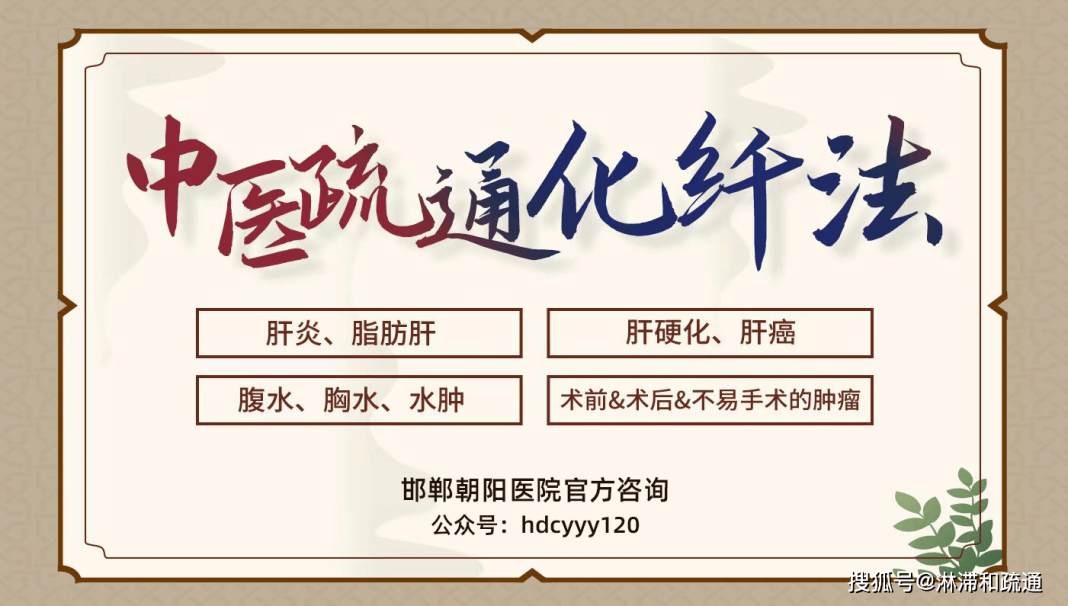What to eat for Ascites?
Ascites, also known as hepatic ascites, the diuretic treatment for ascites mainly includes restricting sodium intake and taking diuretics. For patients with ascites, diuretic treatment is one of the main treatment methods. Reasonable diuretic treatment can not only reduce the accumulation of ascites but also reduce the occurrence of complications such as gastrointestinal bleeding, hepatorenal syndrome, and hepatic encephalopathy.
1. Restrict sodium intake: The production of ascites is related to the sodium intake and urinary sodium excretion. If the excretion of sodium is less than the intake, it will lead to an increase in ascites. Therefore, patients with ascites should, under the guidance of a doctor, adopt a reasonable sodium-restricted diet to facilitate the excretion of ascites. It is generally recommended that the daily sodium intake should not exceed 4-6g, and one should avoid consuming pickled foods, processed foods, and other high-sodium foods. For mild patients, limiting sodium intake and rest in bed can often lead to the spontaneous disappearance of ascites.
2. Taking diuretics: For patients with moderate to severe ascites, simply adopting a sodium-restricted diet may not have a significant diuretic effect. At this time, under the guidance of a doctor, diuretics should be added for diuretic treatment, which is the main method for treating ascites. The commonly used diuretics include furosemide tablets, spironolactone tablets, etc. It should be emphasized that since everyone has different sensitivities to diuretics, the types, dosage, and duration of diuretics vary from person to person.
During diuretic treatment, patients should strictly follow the doctor’s dietary and medication advice to avoid complications such as dehydration and electrolyte imbalance caused by excessive diuresis. During the treatment process, patients need to regularly check liver function, kidney function, and other indicators to monitor the condition and assess the treatment effect. Traditional Chinese medicine has been used for more than forty years in clinical treatment, effectively reducing ascites, tonifying the liver, shrinking the spleen, clearing dampness, promoting diuresis, strengthening the body, dredging meridians, harmonizing qi and blood, preventing the increase of ascites, controlling the production of new ascites. Stability is not easy to relapse.


